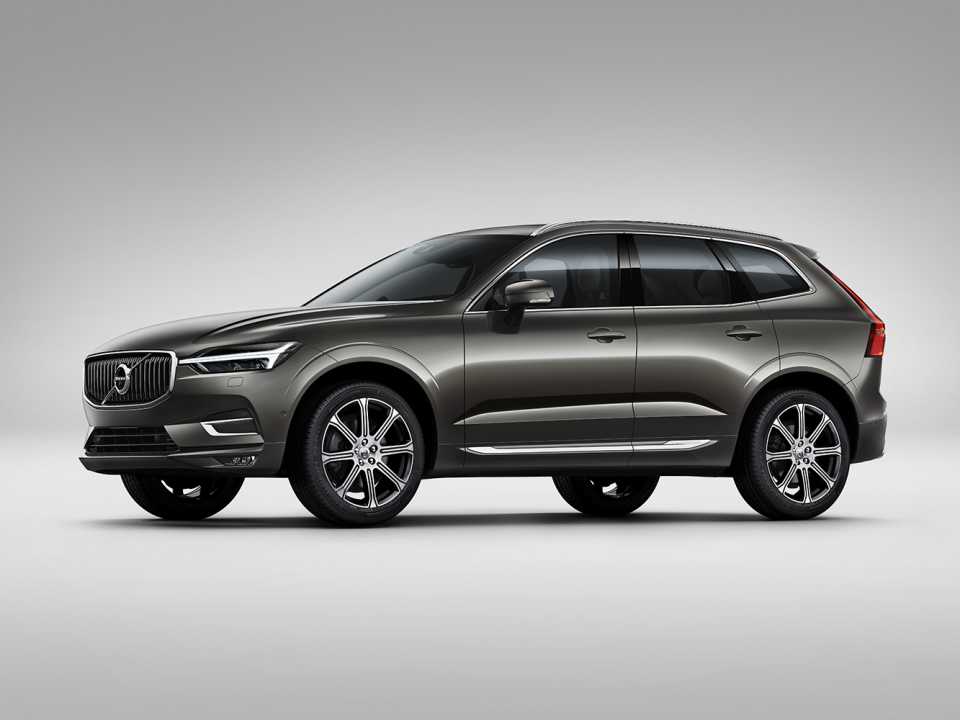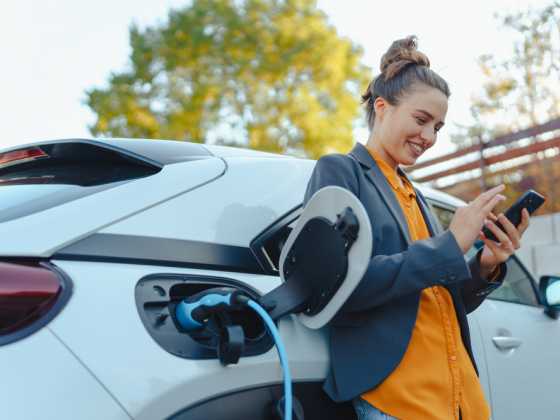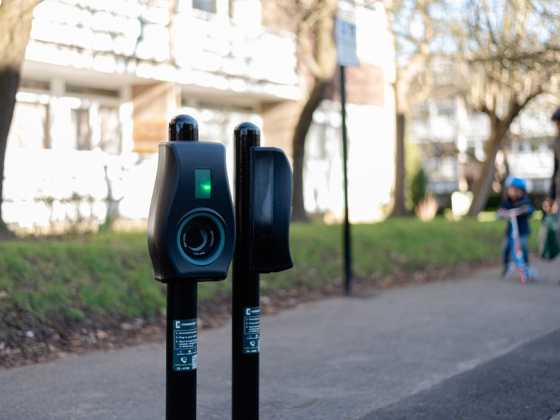Volvo aims for 25 per cent recycled plastics by 2025

Volvo Cars has announced that from 2025, at least 25 per cent of the plastics used in every car will be made from recycled material.
As an example, the company has unveiled a specially built version of its XC60 T8 plug-in hybrid SUV that looks identical to the existing model, but has had several of its plastic components replaced with equivalents containing recycled materials.
President and CEO Håkan Samuelsson said: “Volvo Cars is committed to minimising its global environmental footprint."
“Environmental care is one of Volvo’s core values and we will continue to find new ways to bring this into our business. This car and our recycled plastics ambition are further examples of that commitment.”
The special XC60’s interior has a tunnel console made from renewable fibres and plastics from discarded fishing nets and maritime ropes. The carpet contains fibres made from PET plastic bottles and a recycled cotton mix from clothing manufacturers’ offcuts. The seats also use PET fibres from plastic bottles. Used car seats from old Volvo cars were used to create the sound-absorbing material under the car bonnet.
Martina Buchhauser, Senior Vice President of Global Procurement, called on industry to work more closely with car makers to develop next-generation components that are as sustainable as possible.
“We already work with some great, forward-thinking suppliers when it comes to sustainability. However, we do need increased availability of recycled plastics if we are to make our ambition a reality. That is why we call on even more suppliers and new partners to join us in investing in recycled plastics and to help us realise our ambition.”
In 2017, the company announced a commitment to electrify all new Volvo cars launched after 2019. Last month, it stated that it aims for fully electric cars to make up 50 per cent of its global sales by 2025.
In January this year, the engine plant in Skövde, Sweden, became its first climate-neutral facility. It aims to have climate-neutral manufacturing operations by 2025.



